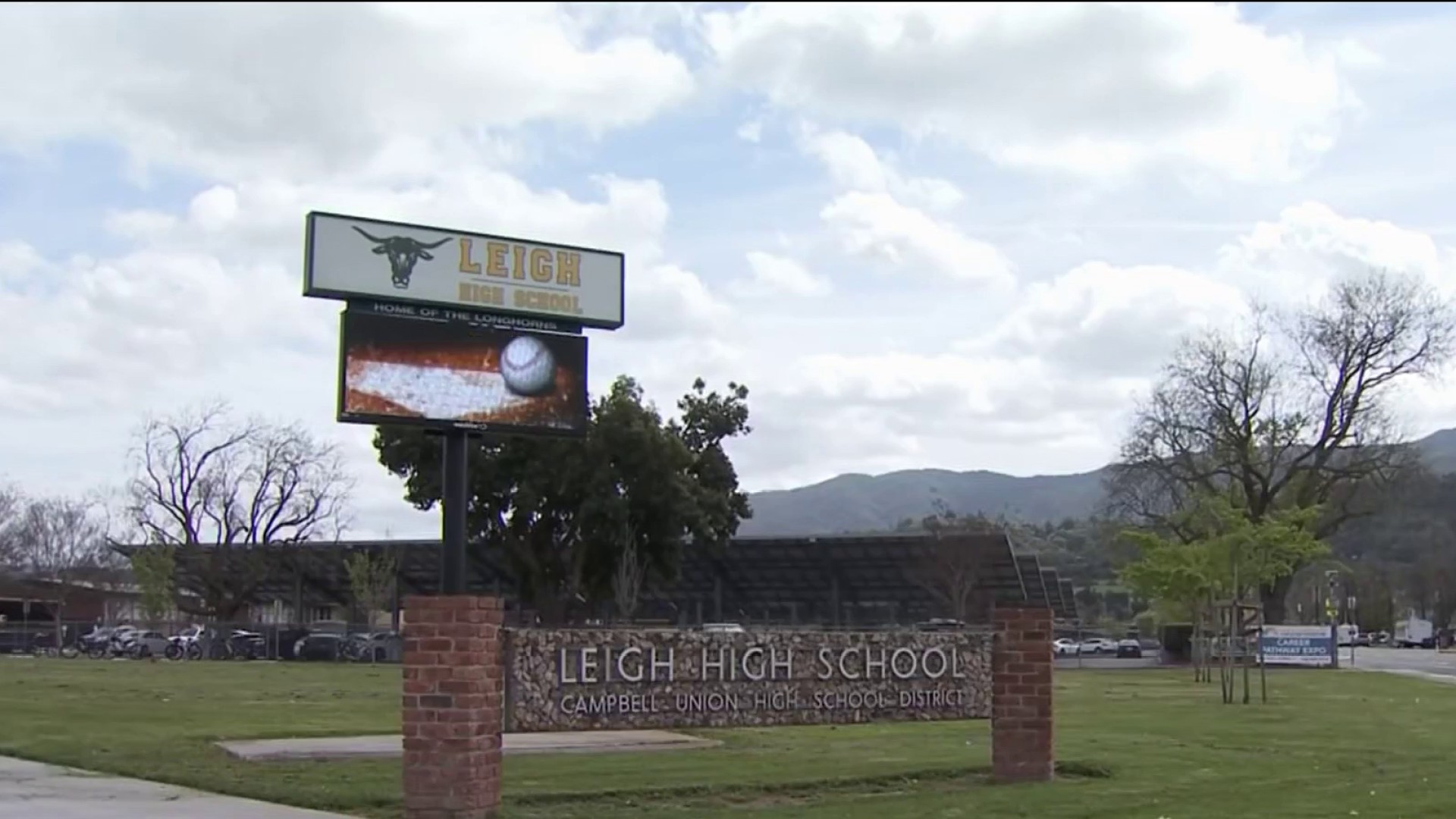Identity theft is one of the fastest growing crimes, taking billions from American consumers each year. Now the NBC Bay Area Investigative Unit has uncovered a more insidious form of stolen identity that can also take your freedom.
The Federal Trade Commission monitors identity theft crimes nationwide. The Investigative Unit combed through years of FTC complaint data and found nearly 15,000 reports since 2013 from victims of identity theft who mistakenly had criminal and civil actions waged against them.
FROM VICTIM TO SUSPECT
It’s a nightmare that dental assistant Jennifer Vrooman says she has been living for over a decade.
After burglars stole her wallet, driver’s license, and social security card in 2000, Jennifer spent countless hours disputing fraudulent charges to rebuild her credit scores. But in recent years, she found herself defending against more serious charges as well.
“I was going through my credit report, I saw Contra Costa County, I'm like oh I wonder if there's a book overdue you know, something benign,” Jennifer told NBC Bay Area. “So I called over there and [I was told} I've committed a crime, where are you now, you need to come into the station. And I said I’m in New York. She’s like oh really? Well now you’re a felon.”
Jennifer believes someone used her maiden name to pose as her. In order to minimize the risk, NBC Bay Area is identifying Jennifer using her current name.
Police issued an arrest warrant citing several misdemeanor traffic violations. But Jennifer was able to clear her name showing investigators it could not have been her since she was in labor in New York during the alleged criminal incident in California.

Her frustration at attempts to get back her identity didn’t end there.
Local
Despite reporting her identity stolen to law enforcement, creditors, banks and credit agencies, Jennifer says she still received calls about suspected crimes and delinquent accounts in places she says she has never lived, for purchases such as property that she could never afford.
After she moved from New York here to California, the California Franchise Tax Board came after her, contacting her employer to dock her pay stemming from a court judgment intended for someone else. In some cases, the person allegedly using Jennifer’s name even listed a different birth date and social security number. Even so, the creditors and government came after her.
“It’s frustrating. How do you look at a credit report and see I have two birthdays, I have two social security numbers, I have two names? Obviously I wasn't born twice,” Vrooman said.

FRACTURED SYSTEM
NBC Bay Area’s investigation found that the current system to track and catch identity thieves is so fragmented thousands of people like Jennifer become trapped for years, unable to extract themselves, even when they do everything officials tell them to do.
The FTC complaint data specifically lists thousands of people who claim police, banks and creditors continue to “come after” them despite the fact their identity has been reported stolen to authorities.
Malcolm Palmore oversees cybercrimes at the FBI’s cybersecurity division. Palmore believes the onus is on law enforcement to ensure they have the correct suspect before attempting to affect an arrest or demand payment for overdue bills or obligations. But Palmore says, that continues to be a challenge because as technology advances, the gap grows between the ability of criminals and the resources of law enforcement to keep up and keep data about stolen identity thieves and victims current.
“The cyber threat continues to evolve at a rapid rate. At such a rate I think that it's difficult sometimes for law enforcement to respond,” Palmer said. “We're working, at least from the federal side, with legislation that's been on the books since the 80s. The landscape’s changed dramatically [since then].”
PROTECTING CALIFORNIANS
California Assemblyman Devon Mathis wants to do better. Mathis also believes the state can better police this crime using state law. He says, so far, California has exhibited a lack of vigilance when it comes to flagging suspicious activity, allowing thieves to steal from victims with little recourse. He points to a 2015 audit report that found hundreds of cases where the same state benefits were paid to 10 different people, all using the same social security number.
“At what point does a red flag a go off, that says whoa there's ten people using the same source security number,” Mathis told NBC Bay Area.
But despite proposing new laws to strengthen the tracking of identity theft and more protections for victims, California’s legislature has yet to pass the legislation Mathis thinks will address the problem.
The U.S. Secret Services considers suspicious social security numbers red flags to trigger fraud investigations.

Special Agent in Charge Dave Thomas understands the frustration identity theft victims go through. He says even his own personal bank account has been compromised.
“Victims are our number one priority,” Thomas said. “For law enforcement we try to help those people as much as we can.”
After a decade of saving every receipt, every memo, every police report and credit application, Jennifer Vrooman says she’s done everything to protect herself, yet still finds her entire life stolen held hostage to that person out there who might pop up and use her identity again.
“At some point that something needs to be done and it does,” Vrooman said.
Assembly member Mathis wants state law to have even more teeth to go after those who would steal someone’s identity. To that end, he says he’ll continue to push for new laws to strengthen punishment and to give victims such as Jennifer Vrooman an easier way to clear their names and prevent them from being re-victimized again and again.
If you have a tip for the Investigative Unit, give us a call at 1-888-996-8477, or you can reach us via email at TheUnit@nbcbayarea.com



